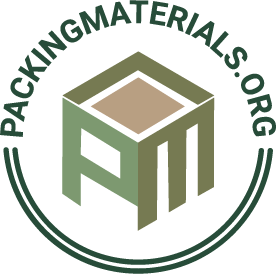Solvay, the Belgium-based chemicals giant, has recently announced to have formed an industry research group to focus on developing materials and process technologies that would facilitate high-volume production of thermoplastic composites. As per reliable sources, the group, named as IRG CosiMo, would be the industry’s first private consortium that would concentrate on manufacturing thermoplastic composites for automotive and aerospace sectors.
According to the Composites World, apart from Solvay, the consortium includes Faurecia Clean Mobility and Premium AEROTEC as well. The pivotal focus areas of the consortium revolve around the adoption of composites, pushing aerospace ramp rates, and industrialization. All the participants have reportedly signed a three-year agreement to consolidate their resources, capabilities, and expertise to provide solutions for sustainable mobility and achieve the R&D milestones.

According to the sources familiar with the development, CC4.0 CosiMo, a public sponsored consortium, along with the Institute of Textile Technology Augsburg GmbH (ITA Augsburg), Faurecia Clean Mobility, and Premium AEROTEC would focus on the development of new processes and materials for in-situ polymerization of Caprolactam to Polyamide 6 to cater high-volume automotive applications. This research group is slated to be a part of a forthcoming Carbon 4.0 project of the Germany’s Free State of Bavaria, cite trusted sources.
The incorporation of ITA, a distinctive textile research facility, into the consortium is likely to advance the development of web and tape-based thermoplastic composite systems, claim reliable sources.
A member of this project, IRG CosiMos aims to concentrate on developing an extensive range of thermoplastic materials and processes. Reportedly, the consortium would be managed by ITA Augsburg who will further co-ordinate the research project as well. The institute is slated to operate the equipment utilized for processing new materials into web and tape-based thermoplastic composites. All the equipment would apparently be stored in the Technologiezentrum Augsburg (TZA).




